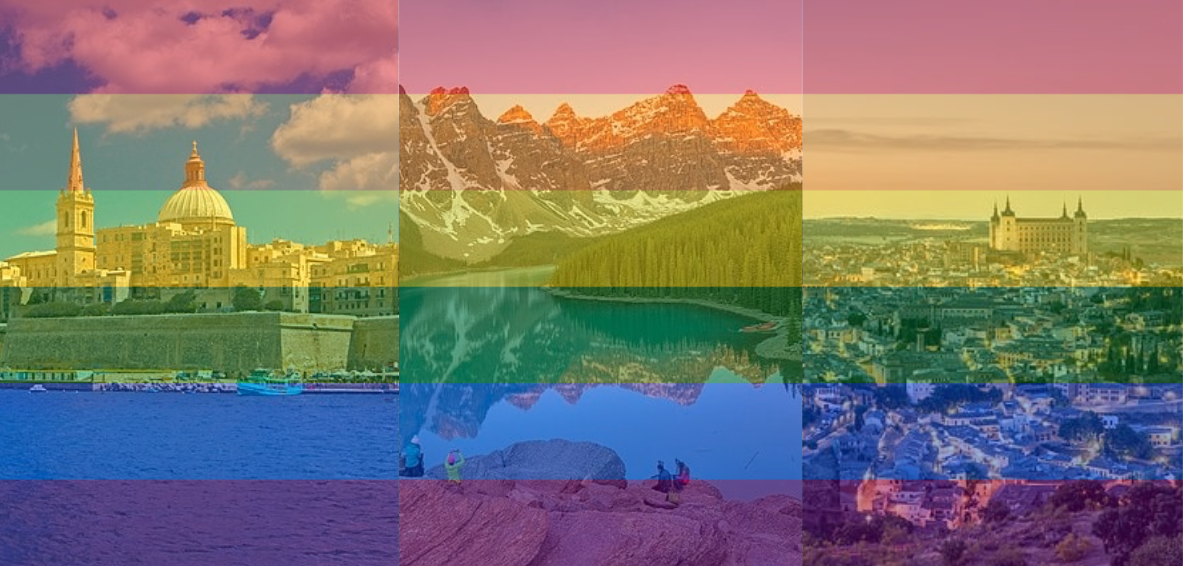
New Zealand becomes first country in the world to fly intersex flag at its parliament

New Zealand has become the first country in the world to fly the intersex flag at its parliament, for last week’s International Day Against Homophobia, Biphobia, and Transphobia (IDAHOBIT).
It was flown alongside the rainbow, trans and bisexual pride flags to celebrate the day, Newshub has reported.
The yellow and purple intersex flag was created in 2013 by Intersex Human Rights Australia (previously known as Organisation Intersex International Australia), with gender neutral colours representing intersex rights.
“Flying the flag at Parliament [on Thursday] was a formal acknowledgement that we see everyone, and as a House of Representatives we wish to represent everyone,” said Green MP Jan Logie.
IDAHOBIT falls each year on May 17, the day in 1990 that the World Health Organization removed homosexuality from the International Classification of Diseases (ICD).
Originally a day against homophobia (IDAHO), fighting transphobia was added to its mission and name in 2009, and biphobia in 2015.
Some groups also include fighting intersexism as part of IDAHOBIT, though because intersex variations and gender dysphoria are still classed as diseases in the ICD, some advocates do not support May 17 as a day against transphobia and intersexism.
Intersex refers to people born with chromosomes, hormones or bodies that do not fully fit the stereotypical binary of male or female.
Approximately 1.7 per cent of the population has an intersex variation, making it around as common as red hair.
Having an intersex variation is different to being trans—while a person can be both, most intersex people are cis, identifying with their sex assigned at birth.
Intersex advocates from Australia and New Zealand last year issued the Darlington Statement, identifying priorities including respect for human rights and bodily autonomy, and protection from discrimination.









